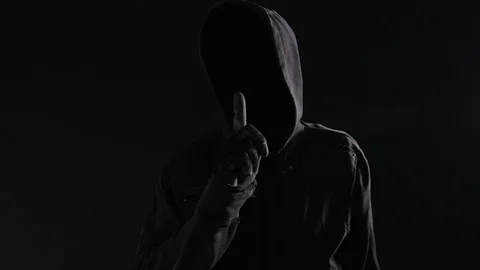this post was submitted on 24 Jun 2024
441 points (98.0% liked)
Asklemmy
44151 readers
764 users here now
A loosely moderated place to ask open-ended questions
If your post meets the following criteria, it's welcome here!
- Open-ended question
- Not offensive: at this point, we do not have the bandwidth to moderate overtly political discussions. Assume best intent and be excellent to each other.
- Not regarding using or support for Lemmy: context, see the list of support communities and tools for finding communities below
- Not ad nauseam inducing: please make sure it is a question that would be new to most members
- An actual topic of discussion
Looking for support?
Looking for a community?
- Lemmyverse: community search
- sub.rehab: maps old subreddits to fediverse options, marks official as such
- !lemmy411@lemmy.ca: a community for finding communities
~Icon~ ~by~ ~@Double_A@discuss.tchncs.de~
founded 5 years ago
MODERATORS
you are viewing a single comment's thread
view the rest of the comments
view the rest of the comments

For absolutely best security, you would change your password to a new, extremely long, randomly generated character string every time you logged in. What the best security options are, and what users are willing/able to put up with has a very small, if any overlap.
As for writing them down, my advice is to obfuscate them. Apply your own secret code to the password, hide it in a poem, get creative. Once an attacker is at your desk, they pretty much own your shit. At that level, the only thing your password is providing is privacy, not security.
Your security is only as good as the weakest link, which is usually people. If your password policy encourages users to stick a note to their screen then your weakest link is anyone in the office deciding to take a selfie or joining a call with their camera on. Best practices balance security with what users are actually willing to do.